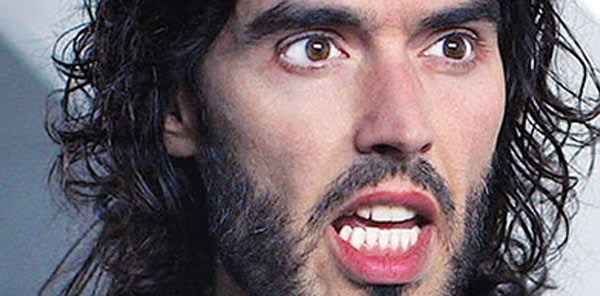Comedy is like any art form. Some of it is brilliant and some of it is dehumanizing. What we consider funny reflects the culture of the time and can also reveal our deepest thoughts. Laughter is central to being human and therefore warrants a serious discussion.
American comedian Sarah Silverman said, “Comedy puts light onto darkness and darkness can’t live where there is light. So that’s why it’s important to talk about things that are taboo, because otherwise they just stay in this dark place, and they become dangerous.”
We have all experienced the moment when we laugh at something and feel embarrassed that we have done so. Some comedy is by nature controversial. Mel Brooks’ classic The Producers uses satire to examine the rise and fall of Nazism. The work is very poignant and brings us to very uncomfortable places, especially when we find ourselves singing along with the musical number Springtime for Hitler.
Yet, Brooks forces us to acknowledge that human beings are not only capable of the crime of genocide, but we have also carried it out again and again, and we continue to do so. If we are ever going to change the fate of humanity, we need to question society, and we need to challenge ourselves.
Like any artist, a good comedian exposes hypocrisy and defies unspoken and unjust social mores. In this sense, comedy is necessarily subversive. It holds the powerful accountable and shines a light on their contradictions. Perhaps this is why the Nazis took such extreme measures to control all forms of art.
The British comedian turned social philosopher Russell Brand, for example, often buffoons Prime Minister Justin Trudeau’s efforts to look casual and trustworthy. He does his best Canadian accent as he says, “I’ve rolled up my sleeves and loosened my tie. I’m like a guy, like you’re a guy,” and then points out that Trudeau is putting forward laws to control our civil liberties under the guise of protecting us from “misinformation and disinformation.” We laugh at Brand’s characterization of our Prime Minister while recognizing how dangerous Liberal government legislation could be to the well-being of our democracy.
At other times, comedy is simply offensive, yet even then it exposes uncomfortable truths of our deep-seated misconceptions of one another and the need for social change. For example, Laruen Boebert, a member of the American House of Representatives, told a story about Ilhan Omar, who is also elected to the same body. In it, Boebert claims that Omar, a Muslim, created turmoil when approaching an elevator in the Congressional buildings. Boebert claims to have calmed the situation by saying, “Well, she doesn’t have a backpack, we should be fine,” implying that Muslims are suicide bombers who carry explosives on their backs.
The fact that Boebert told this story says a great deal, not about Omar, but about herself. It also reveals the racist beliefs of those who laugh at her story. One can thus not only recognize the toxicity of the workplace known as the United States House of Representatives but the dangerous polarization of American society in general. Boebart’s story shines a light on a very dark truth that clearly needs to be addressed: When we ignore extreme racism, as the Germans did in the 1930s, we are stepping closer to genocide.
Perhaps this sort of mindful self-examination is the answer to “cancel culture.” It would be easy to condemn a foreign comedian for criticizing our Prime Minister or to spew online hatred toward Lauren Boebert. Yet, what would that accomplish? Both examples shine a bright light on uncomfortable truths that exist in our society and even within ourselves.
Comedy is a powerful force in exposing what is wrong. The next -- and most difficult step -- is to find positive solutions and build a better world.
Gerry Chidiac is a Prince George writer.




